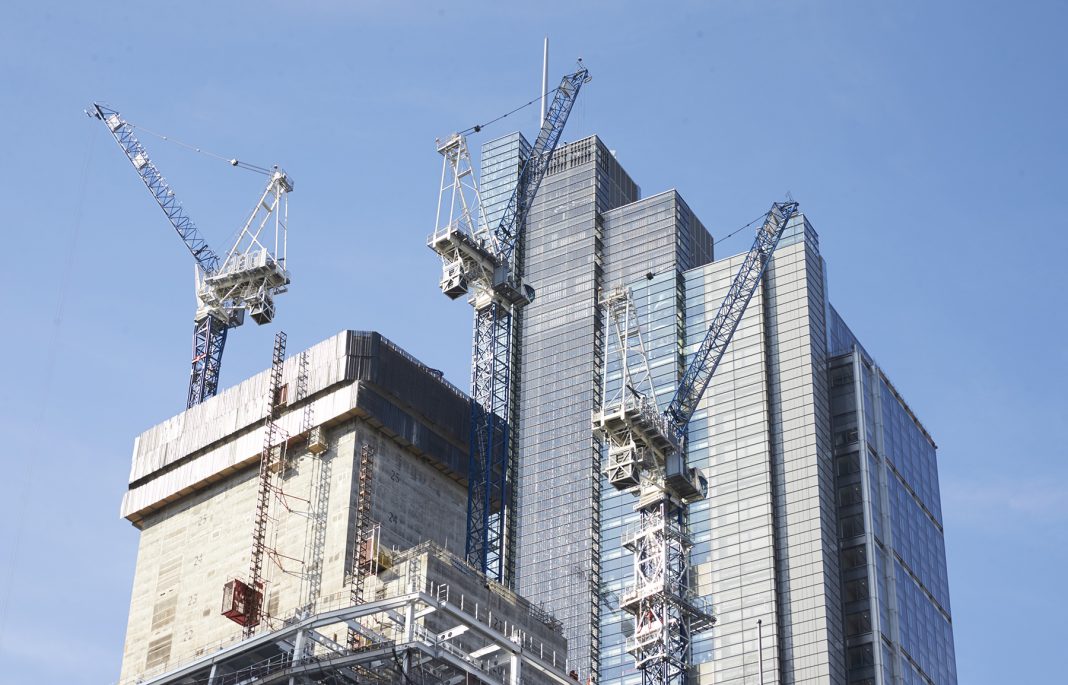Construction order volumes increased at the fastest pace for nearly a quarter century last month but inflation in materials costs hit the same record high, according to the latest IHS Markit / CIPS UK figures.
House-building was the best performing category (66.3 on the organisation’s index), followed by commercial work (64.4). The latest increase in work on commercial projects was the steepest since August 2007, reflecting strong demand conditions following the reopening of customer-facing areas of the UK economy.
Tim Moore, Economics Director at IHS Markit, which compiles the survey, said: “UK construction companies reported another month of rapid output growth amid a surge in residential work and the fastest rise in commercial building since August 2007.
“Total new orders increased at the strongest rate since the survey began more than two decades ago, but supply chains once again struggled to keep pace with the rebound in demand.
“There were widespread reports citing shortages of construction materials and wait times from suppliers lengthened considerably in comparison to those seen during April. Imbalanced supply and demand led to survey record increases in both purchasing prices and rates charged by sub-contractors.
“Despite severe challenges with materials availability, construction firms remain highly upbeat about their near term growth prospects. Nearly two-thirds of the survey panel forecast an increase in output during the year ahead, while only one-in-thirteen forecast a decline.”
Duncan Brock, Group Director at the Chartered Institute of Procurement & Supply added: “Busy purchasing managers were under pressure to keep up and buying up at the fastest rate since April 1997, changing sourcing strategies to find depleting essential materials and stocking up just as supply chain problems continued to mount along with prices. With inflation for goods and raw materials at a 24-year high, companies will be concerned that much-needed profits will be eaten away as building projects take shape and could be held up by some of the longest delivery times on record.
“Skills shortages are also becoming a problem, with recruiters finding talented labour hard to find, as job creation was at robust levels and the threat of staffing cutbacks has become a distant memory.”












